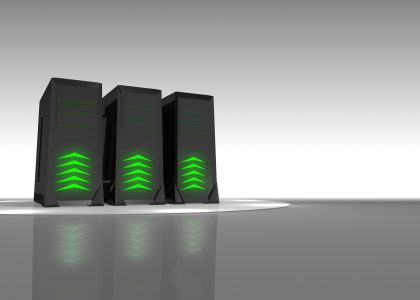
Work More Efficiently
Office workers can easily submit issues and get their tech problems resolved more quickly, which allows everyone to be more productive and spend less time sitting around and twiddling their thumbs. Less time has to be wasted by IT professionals on manual processes that are unnecessary, which frees up valuable time to do work that is more important.
Multitask More Intelligently, Even While on the Go
A help desk system and a customer service desk make it possible for IT professionals to more easily prioritise and categorise issues. This allows them to develop a better sequence for the best order that issues should be worked on. For example, it might make sense for a technician to handle several similar issues in one trip from the server room to use their time better.
All IT Requests Are in One Place
A user portal is included by most help desk systems. This provides one place for users to submit tickets, check the status of your open issues as well the close-out tickets after they have been resolved. A portal also can be used to convey important information to its users (like planned downtime). This can help to reduce the number of unnecessary tasks.
Customised to Meet Your Requirements
A help desk ticket, at its most basic level, includes a description and title for each of the issues. For better categorisation and more detailed information, custom fields can be created by a company like floor numbers, building location, and department, and then generate reports that are based on this information.
Analyse IT trends to improve your overall workflow
Since a help desk can help to track your metrics, like the average amount of time spent on getting tickets resolved, detailed reports can be run by IT managers to discover what the latest trends are. For example, if you have a technician who is good at a particular task, for maximum efficiency, you may want to give them all the related tickets.
Prioritise Important Tasks
Different responses are warranted by different tickets based on how serious they are. It is much less important to replace an old mouse for one individual is much less important than getting a failed server repaired that affects the whole company. A help desk system will allow technicians to easily sort and prioritise tickets. Therefore, high severity tickets can get addressed right away and will not be as likely to end up falling through the cracks.
Help Desk Tickets Can Be Auto-Assigned
The top help desk software is able to analyse tickets and then assign issues automatically based on specific criteria. For example, all software issues can be sent to Bob, and hardware issues can be sent to Steve. Or all tickets from Marketing or Accounting can be assigned to Sally, and all tickets that have the word “password” in them can be sent to Mary.
Establish Expectations Better With Due Dates
When you have a help desk, it is easy to set, track, and communicate changes for issue dates. It is useful for both the employee who has submitted the issue and the IT professional who is addressing the problem. Due dates can either be assigned manually or automatically and allow help desk technicians to sort the tickets based on when the projects must be completed.
Reinventing the Wheel Is Not Necessary
There are some tech issues that reoccur on a regular basis. A help desk system allows you to record any notes that are relevant to a ticket and upload any files that are needed to help resolve the issue. Later on, anyone on your IT department’s helpdesk team will be able to look through old tickets that had similar problems.
Shows Your Worth
Help desk reporting allows you to easily run reports ha show the number of tickets that have been resolved over the past year, quarter, month, or week, fo your whole IT department or just for you. The reports are very useful for identifying problem areas with your technology and to show the value that is contributed by IT professionals to the company.




